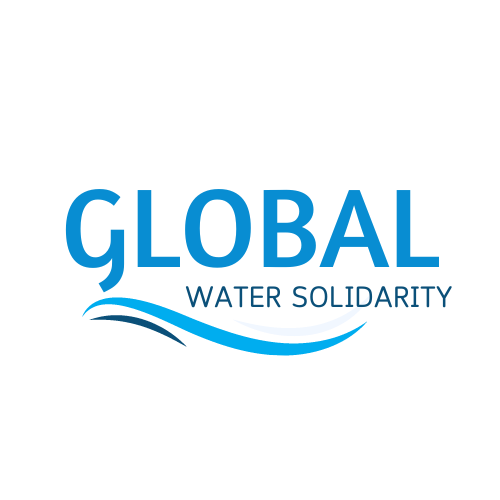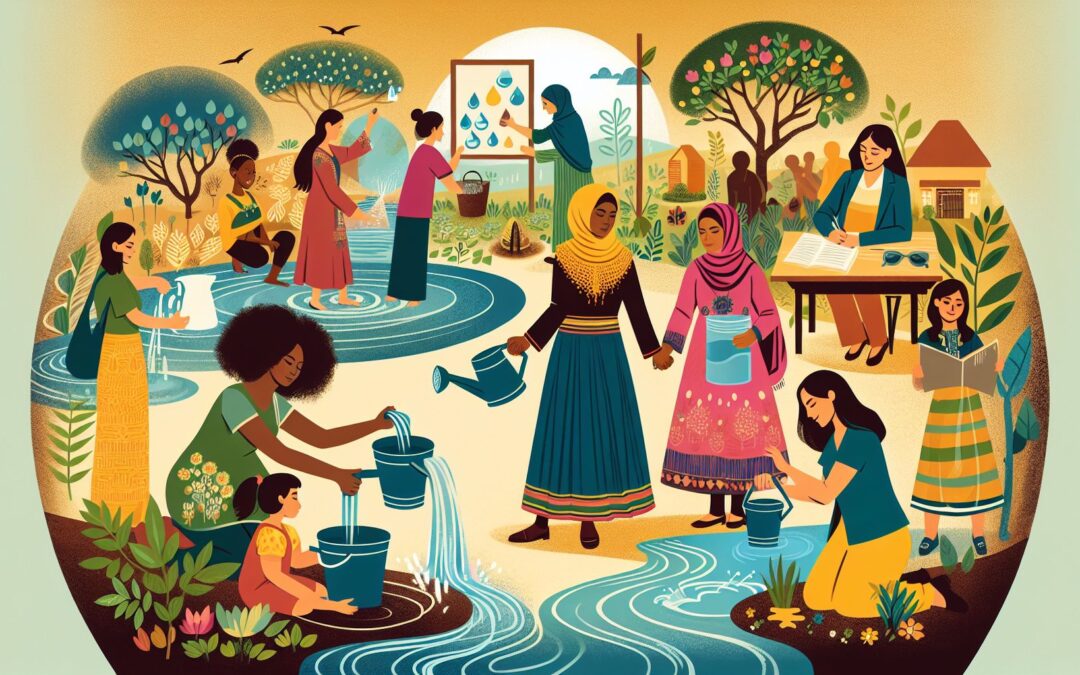Water is far more than a simple element in our lives—it is at the core of sustainable development, health, and survival. It is the lifeblood of ecosystems, supporting vibrant communities and economies. Despite its inextricable links to almost every aspect of human life, access to this vital resource is still unevenly distributed, with women and girls often bearing the brunt of water scarcity and gendered discrimination. This blog will navigate through the intricate implications of the Water and Gender nexus, illustrating its significant potential in empowering women for a sustainable future.
The Water and Gender Disparity
Globally, women and girls are tasked with water collection in 80% of households that lack access to water on premises. This task not only detracts from education, employment, and leisure opportunities but also exposes women and girls to risks such as sexual violence and disease[^1^]. In developing countries, women spend an estimated 40 billion hours a year collecting water—an equivalent of a year’s full-time labor for the entire workforce in France[^2^].
The Ripple Effects of Gender Inequality in Water
Beyond the immediate time burden and physical risks associated with water fetching, the implications of the gender-water nexus are expansive. A lack of separate sanitation facilities in schools often leads to low attendance by girls once they reach menstruation. Distant water sources increase girls’ vulnerability to violence and hampers their ability to attend school. The time lost fetching water hinders their chance to engage in income-generating activities, perpetuating the cycle of poverty.
Women, Water, and Climate Change
The effects of climate change exacerbate gender disparities in access to water as well. Climate change-induced water scarcity and contamination require longer walks and more incredible efforts to collect water. The consequences are especially severe for marginalized women living in climate-vulnerable regions. Increases in extreme weather events also raise the risks of water-borne diseases, of which women generally bear a high burden since they are often caregivers.
Women as Stewards and Decision Makers
Despite the disproportionate burdens women bear, they also possess unique potentials and perspectives that make them critical players in water stewardship and sustainability. Engaging women in water management processes leads to more effective and sustainable solutions. For instance, water projects that involved women were shown to be six to seven times more effective[^1^].
Turning the Tide: Empowering Women for Sustainable Water Management
Investments in water infrastructure, ensuring women’s participation in water governance, supporting women’s education and involvement in water-related scientific research, and upholding their rights to water and sanitation are just some of the ways we can start turning the tide. We need to shift our perspective and recognize the amplified impacts of water scarcity on women, so we are better situated to make sustainable and inclusive water management decisions.
Conclusion: A Reservoir of Hope for a Gender-Equitable Future
Enhancing gender equality in the water sector can sparks a ripple effect across multiple dimensions of sustainable development. Improving women’s access to water can boost their educational attainment, economic potential, health, and overall empowerment, which, in turn, benefits entire communities and societies.
Crucially, women are not just victims in the water crisis—they are active water managers, leaders, scientists, and decision-makers who wield immense potential to steer us towards a sustainable water future. By addressing the existing inequalities in the water sector, we empower women, contribute to poverty reduction, and set the stage for a more sustainable, equitable future.
In these uncertain times, one thing is clear: when women are empowered in the field of water, the positive benefit spurs across all sectors, contributing to a sustainable future. It is not just about women’s access to water — but about women’s participation and leadership in water governance, research, and development, that spur sustainable development. Let’s lean on this reservoir of hope, bring gender to center stage and unlock sustainable water solutions for all.
References:
[^1^]: UNICEF, Women and Water Collection, 2016. Accessed
[^2^]: The Global Water Crisis: Addressing an Urgent Security Issue, Walter and Duncan Gordon Foundation, 2011. Accessed

